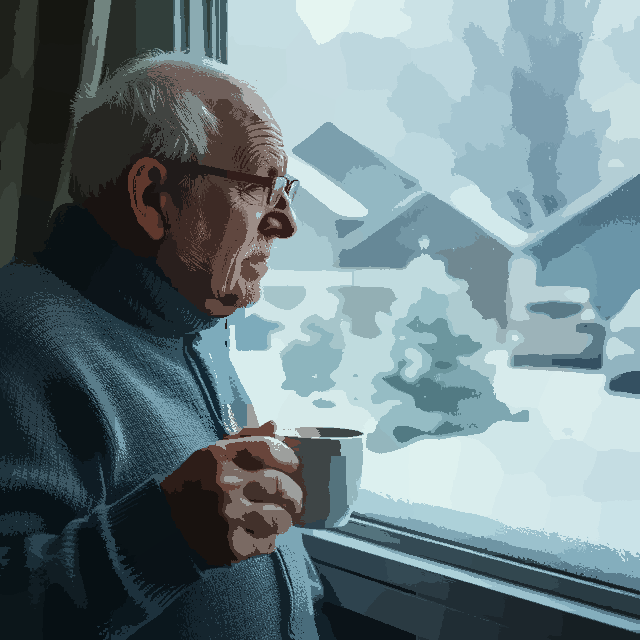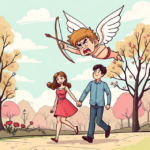The recent snowfall is not an uncommon event in my neck of the woods. The first flake of
winter shows itself in October and has been known to flurry as late as May in some years. Given that we
are accustomed to heavy and severe winter weather, when the latest blizzard dumped almost two feet
of snow in a day, I was just thankful that it coincided with a weekend. The disruption to business, school,
and life was relatively minimal. By Sunday afternoon I even ventured out to restock on groceries,
marveling that the network of roads were somewhat plowed and that people seemed to have returned to
normality.
It wasn’t until I called one of my clients, Robert1, that I realized the error of that thinking. On the
surface, Robert seemed to be completely fine and capable: he was older, yes, but he didn’t have any health
problems which would prevent him from living independently. He lived in a rural area and filled his time
caring for his property and home. I didn’t immediately worry that he would struggle with any aspect of the
storm, especially since he’d been dealing with them for many years. I began the phone call with a joke
about the weather, and he answered in kind but seemed a bit dimmer than usual.
I sensed a problem. “But you’re okay, right? Were you able to get your driveway cleared out?” I
began to wonder if, in fact, he had.
“Oh, sure. The neighbor and I have a deal: he plows the drive and I supply the beer.” We both
shared a laugh at this.
The conversation continued, but despite Robert’s attempts at humor it still seemed something was
amiss. I kept probing. After a while, the answer revealed itself: while it wasn’t dramatic, it should have
been obvious from the very start: the storm had an isolating effect. While I had been busy trying to get
back to “life as usual” and dig out from the temporary chaos, the storm had cocooned Robert—and many
others—in a world of silence and loneliness. It was not unlike a mini-pandemic time for them. Maybe
even unbeknownst to himself, Robert had begun to withdraw and feel depressed.
But he could get out of the driveway, you might point out. It was plowed! While this is true, many
of our most vulnerable population—namely, seniors—are easily trapped in a cycle of isolation. Even
younger people are subject to that same inertia. Once it begins to grip, it is difficult to shake free. This is
why contact is vitally important. Contact does not have to be in person. Phone calls really help to make
people feel valued, heard, understood and, most importantly, not forgotten.
Speaking to Robert helped me understand that perspective is everything. While I already knew
that, and you might, too, that easy reminder helped solidify it. I might be taking in the beauty of the snow
on the hill while many of our family will be watching the same scene with dread. Even something as
simple as the weather can have a devastating effect on our loved ones, and we don’t even realize it. Please
reach out and call them today; you never know how much it means.
- Not his real name ↩︎



